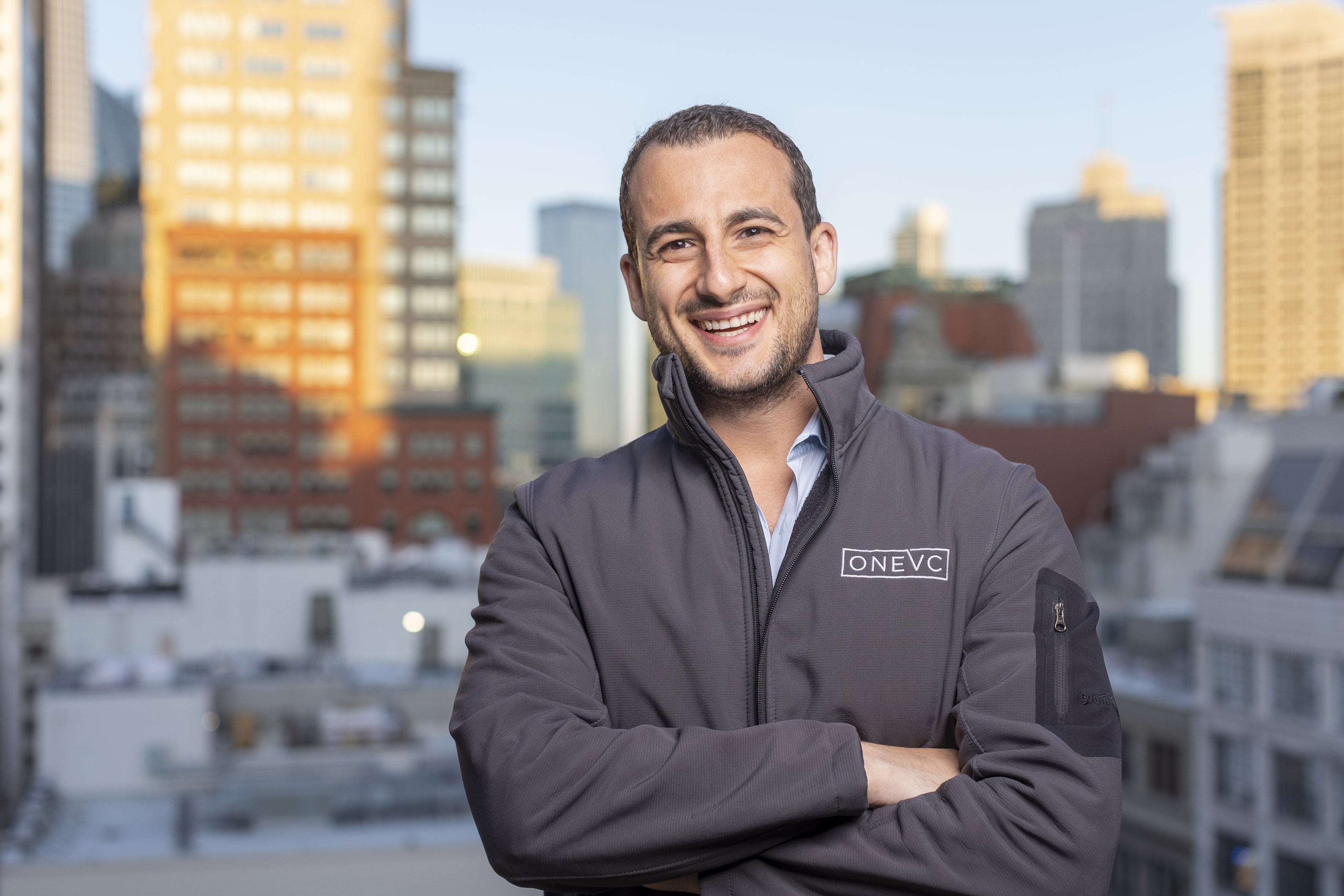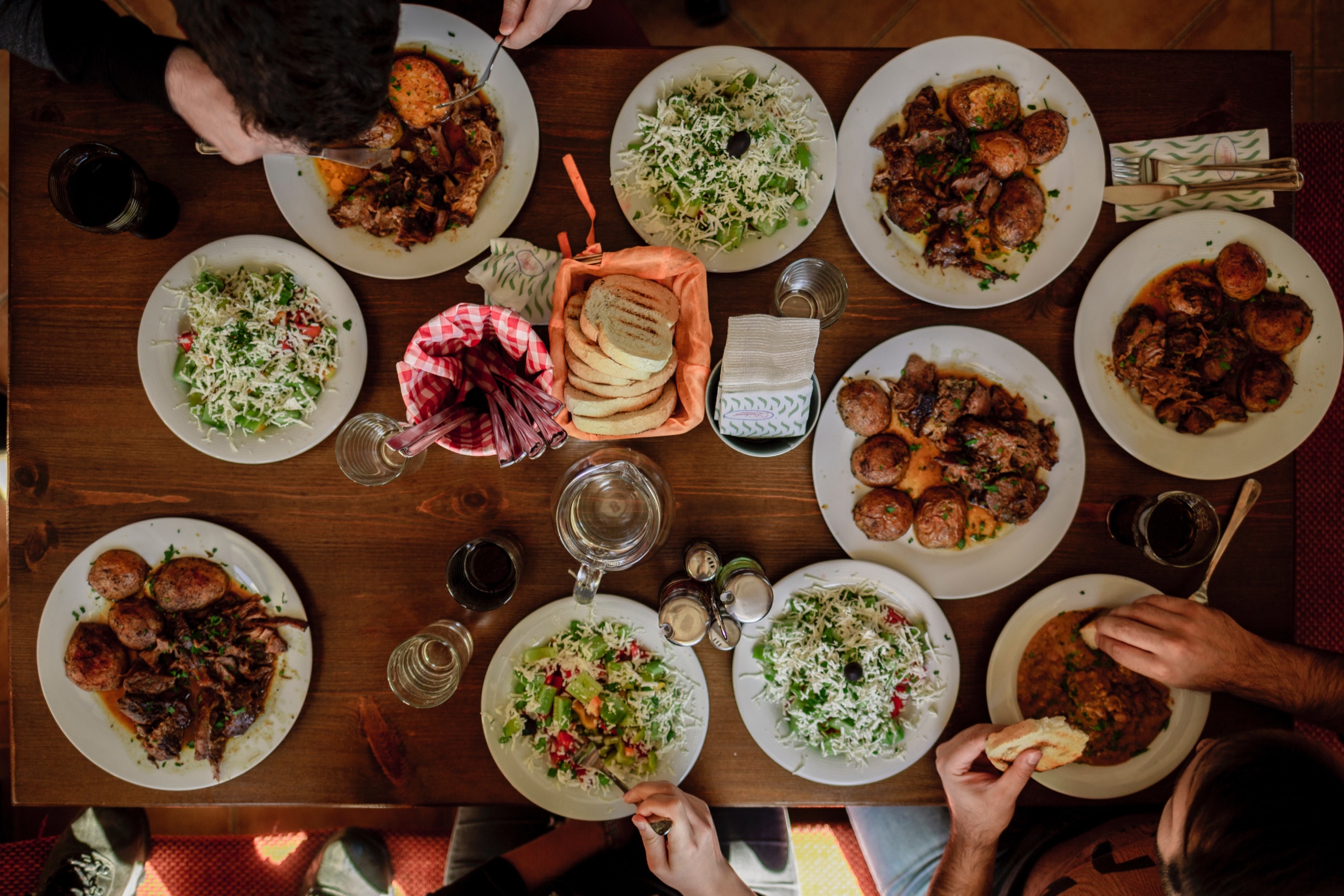In the startup world, success always attracts copycats and competitors. As a result of past successes, Latin America’s food delivery industry is one of the most competitive in the world. Brazil’s iFood, a subsidiary of tech giant Movile, became one of the biggest players in the Latin American startup ecosystem, raising US$500M from Naspers and other international investors, in what many consider to be the largest round in Latin American startup history. iFood is growing incredibly quickly, registering 390,000 daily deliveries, a 109% increase from 2017. iFood’s CEO, Carlos Moyses, recently appeared on my Crossing Borders podcast to talk about the growth of Brazil’s biggest delivery company.
Rewinding back to the early 2010s, food delivery in Latin America had its first peak long before the region truly went digital. Latin America’s food delivery hit the news because Delivery Hero, a German food delivery conglomerate, secured international reach through a spate of acquisitions in the region.
In many ways, these deals spurred the next generation of entrepreneurs in the food delivery space and created many of the most popular apps Latin Americans use today.
Food delivery fits into a trend that is shifting Latin American shopping patterns online. When PedidosYa was founded in 2009 in Uruguay by Alvaro Garcia, Ariel Burschtin, and Ruben Sosenke, just 27% of Latin America’s population had Internet access.
Today, 66% of Latin Americans have Internet access, and in Argentina, Chile, Brazil, Ecuador, Paraguay, and Uruguay, more than 70% of people are Internet users.
(more…)



